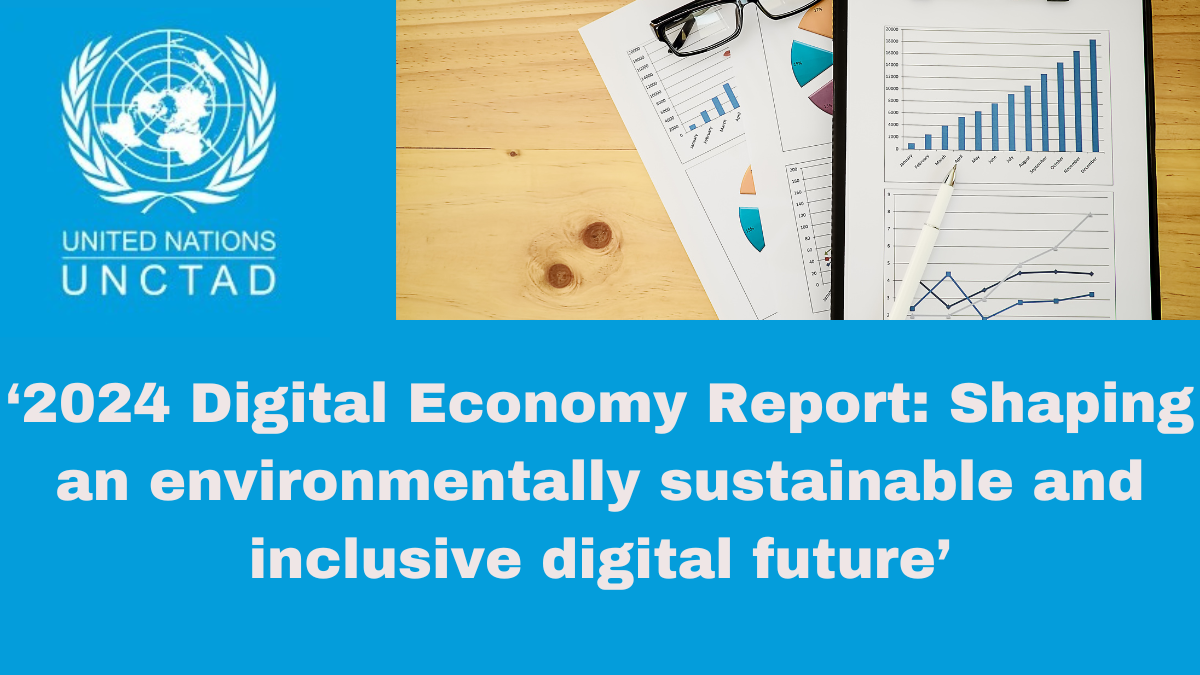
India has recorded the highest global growth in electronic waste generation, with a staggering 163% increase between 2010 and 2022. This significant rise encompasses waste from screens, computers, and small IT and telecommunication equipment (SCSIT), as reported by the United Nations Conference on Trade and Development (UNCTAD) in its ‘2024 Digital Economy Report: Shaping an Environmentally Sustainable and Inclusive Digital Future.’
The report highlights that India’s share of global SCSIT waste generation doubled from 3.1% in 2010 to 6.4% in 2022. Developing countries in Asia were identified as the primary contributors to such waste, with China alone accounting for nearly half of it.
A concerning aspect of this report is the emphasis on the improper management of electronic waste in developing countries. The report warns that digitalisation-related waste often contains hazardous materials, including heavy metals like arsenic, cadmium, lead, and mercury, as well as persistent organic pollutants. Improper handling of these materials poses significant risks to both environmental and human health.
Despite these challenges, the report acknowledges India’s proactive efforts to reduce the environmental impact of waste. It praises initiatives like Amazon India’s move to eliminate single-use plastic by replacing plastic packaging with paper-based alternatives. Additionally, Zypp Electric’s investment in zero-emissions electric scooters and urban charging networks for last-mile delivery is highlighted as a step towards sustainable transportation.
The report further notes the region’s digital expansion, with Northeast Asia contributing nearly one-third of global mobile data traffic in 2023. India, along with Bhutan and Nepal, forms the next largest share. By 2029, global 5G subscriptions are expected to exceed 5 billion, with Northeast Asia and India leading this growth.
Moreover, the report projects that the data center market size in Asia and the Pacific will reach around $28 billion by 2024, with China leading the way. India and Singapore are also among the frontrunners in this rapidly growing sector.
This UNCTAD report underscores both the opportunities and challenges India faces as it navigates the digital era, emphasizing the need for sustainable practices to manage the associated environmental impact.
About UNCTAD
The United Nations Conference on Trade and Development (UNCTAD) is an intergovernmental organization within the United Nations Secretariat that promotes the interests of developing countries in world trade. Founded on December 30, 1964, by the United Nations General Assembly, UNCTAD is headquartered in Geneva, Switzerland. The organization is led by Secretary-General Rebeca Grynspan and operates under the parent organizations of the United Nations General Assembly and the United Nations Secretariat.


